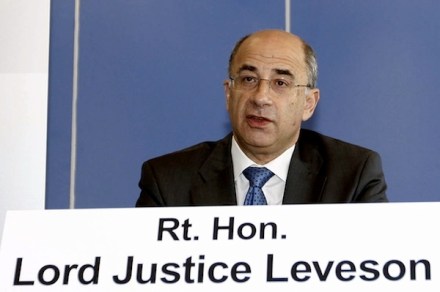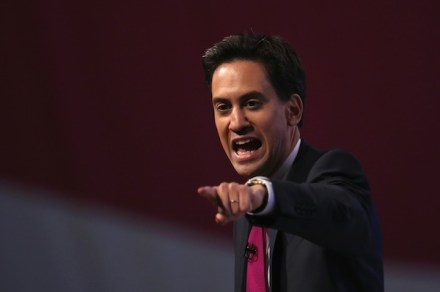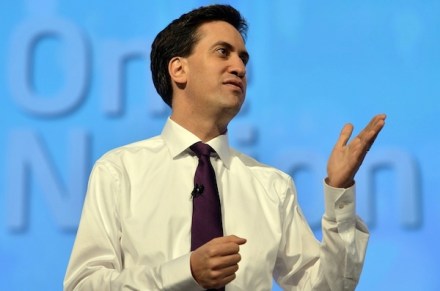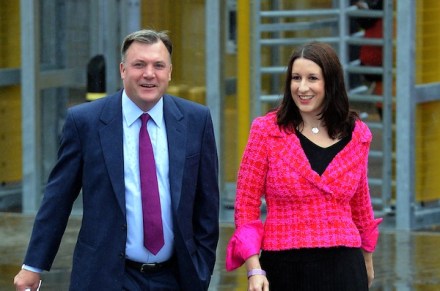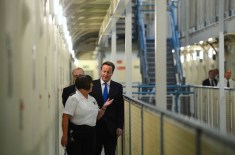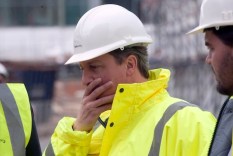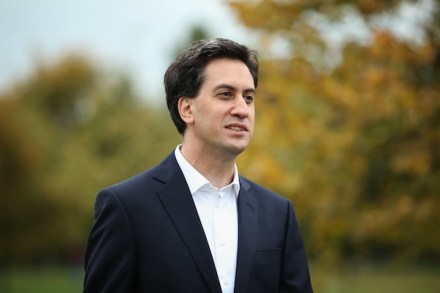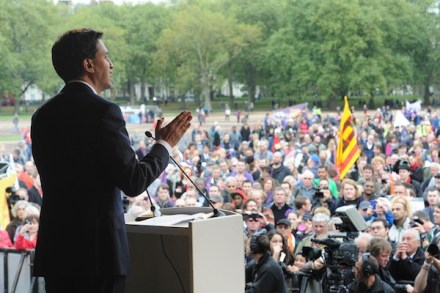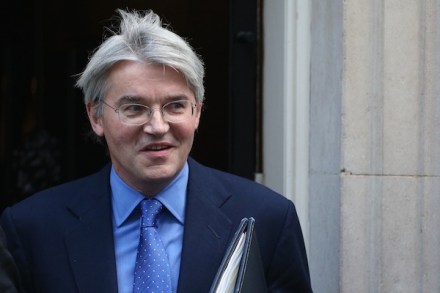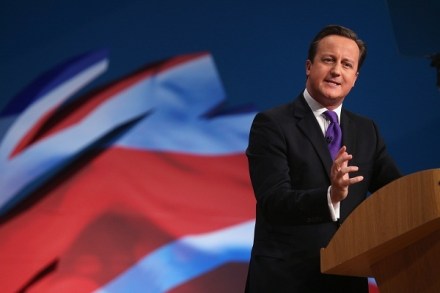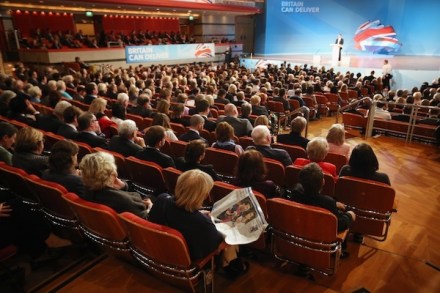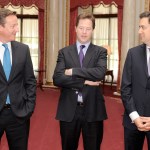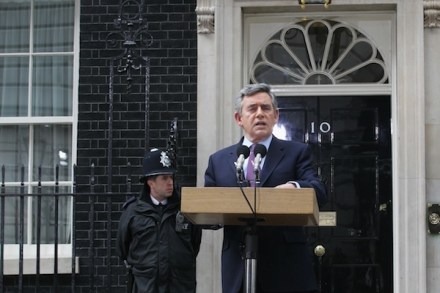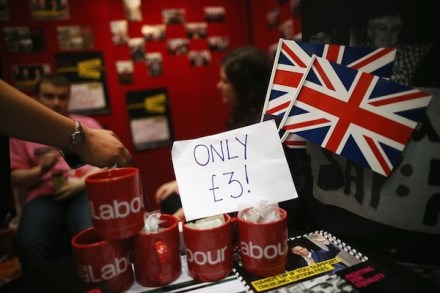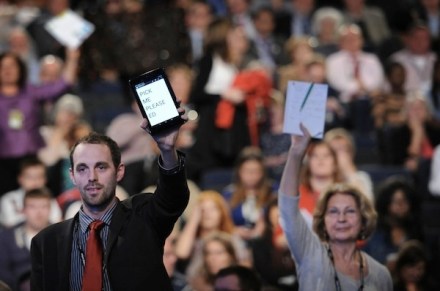Waiting for Leveson
One issue that is in the background of nearly every political conversation at the moment is the Leveson Inquiry and how David Cameron will respond to its recommendations when it reports in the next few weeks. What Cameron does will do a lot to shape the political and media mood between now and the next election. Cameron is keen not to be seen to pre-judge the matter, hence his warning to Tory Cabinet Ministers recently to watch what they say about it, and is playing his cards close to his chest. But those close to him are well aware that there’s a danger that Miliband and Clegg—who have The Independent
